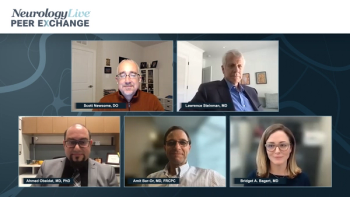
Experts in neurology share their hopes for the future of multiple sclerosis treatment and discuss unmet needs and novel targets.

Experts in neurology share their hopes for the future of multiple sclerosis treatment and discuss unmet needs and novel targets.
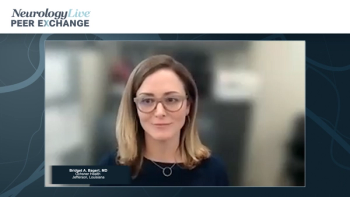
Amit Bar-Or, MD, FRCPC, and Bridget A. Bagert, MD, share their opinions on how to move investigative treatments for multiple sclerosis off the laboratory bench and into clinical practice.

Doctors in neurology comment on the hidden symptoms of multiple sclerosis and debate whether they should be treatment targets.

Experts in neurology comment on clinical trial design considerations and discuss novel imaging techniques and biomarkers that they consider most important to investigate for multiple sclerosis.

Bridget A. Bagert, MD, leads a discussion on the ideal patient populations for using a potential vaccine for multiple sclerosis, and the panel comments on other factors to consider when administering vaccines.
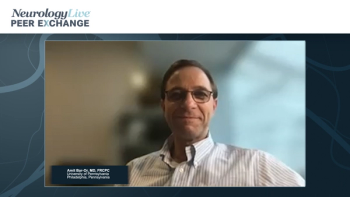
Amit Bar-Or, MD, FRCPC, discusses the potential impact vaccination against Epstein-Barr virus could play on multiple sclerosis rates, highlighting recent investigations.

Experts in neurology discuss screening and diagnostic considerations for a patient newly diagnosed with multiple sclerosis.

Bridget A. Bagert, MD, and Ahmed Obeidat, MD, PhD, examine the clinical implications of a causal link between Epstein-Barr virus and multiple sclerosis and provide insight on how to discuss this link with patients.
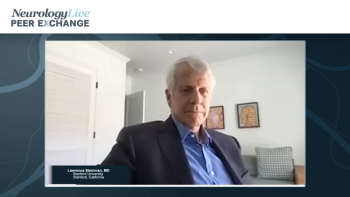
Lawrence Steinman, MD, discusses his recent publication, which demonstrated the causal link between Epstein-Barr virus and multiple sclerosis, highlighting key findings and conclusions.
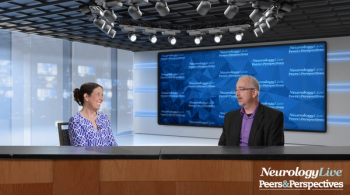
Scott Newsome, DO, and Ellen Mowry, MD, discuss the ongoing TREAT-MS trial and its goals, the importance of the findings for clinical practice in multiple sclerosis, and the ongoing discussion around induction vs escalation in MS treatment. [WATCH TIME: 24 minutes]
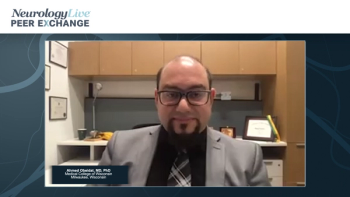
Ahmed Obeidat, MD, PhD, comments on other viruses that have been linked to the development of multiple sclerosis and discusses how they can be both protective and detrimental.

Amit Bar-Or, MD, FRCPC, and Bridget A. Bagert, MD, share their opinions on the role the Epstein-Barr virus plays in the development of multiple sclerosis, highlighting recent publications examining this link.
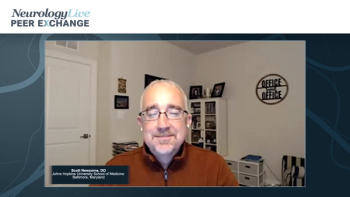
Scott Newsome, DO, and Lawrence Steinman, MD, discuss the pathophysiology of the interactions between viruses and the immune system and explore how this can lead to autoimmune diseases.

Lawrence Steinman, MD, provides an overview of the role viruses play in the activation of the immune system, highlighting their role in triggering neuroinflammatory conditions.
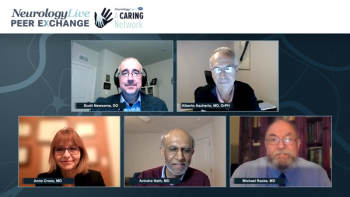
Looking to the future of multiple sclerosis care, the panel of thought leaders pose important questions that remain to be answered in the research and treatment of multiple sclerosis.

Expert panelists review the viability of new treatments in development for multiple sclerosis.
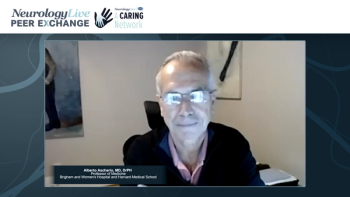
Alberto Ascherio, MD, DrPH, addresses the range of latency periods for Epstein-Barr virus and the impact on onset multiple sclerosis.
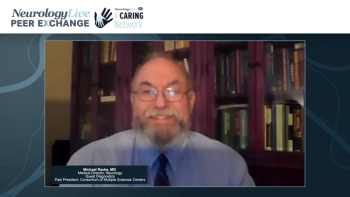
Alberto Ascherio, MD, DrPH; Anne Cross, MD; and Michael Racke, MD, discuss implications for patient communication and other advances from bench to bedside.

The expert panelists comment on intervention efforts underway to address multiple sclerosis prevention and treatment.

A panel of experts probe the variations in immune response to Epstein-Barr virus in patients with multiple sclerosis.

Alberto Ascherio, MD, DrPH, highlights key risk factors leading to increased prevalence of multiple sclerosis.
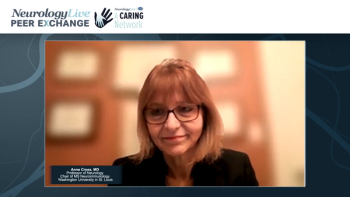
Anne Cross, MD, and Michael Racke, MD, discuss how the immune system is primed in multiple sclerosis.
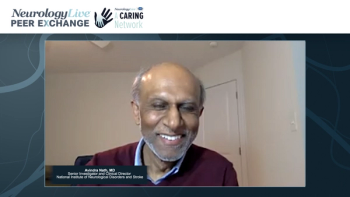
Avindra Nath, MD, explains the importance of understanding virology when treating autoimmune diseases.

Alberto Ascherio, MD, DrPH, recaps key findings and learning from a recently published study that he coauthored demonstrating a causal relationship between MS and Epstein-Barr virus.
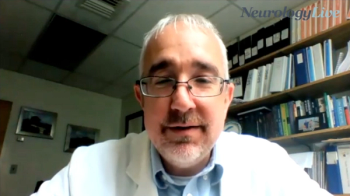
Following the development and publication of consensus guidelines for the use of MRI in MS, Scott D. Newsome, DO, discusses next steps in adopting and implementing protocols to improve patient care.
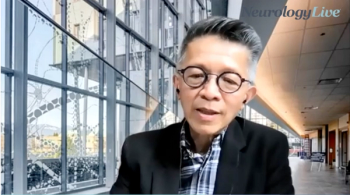
In discussion regarding the new MRI consensus guidelines for patients with MS, Scott D. Newsome, DO, and David Li, MD, FRCPC, discuss key points for their peers and colleagues.
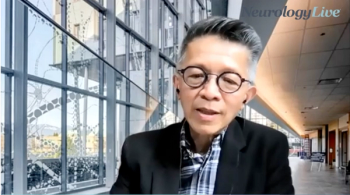
Implementing new recommendations for the use of MRI in patients with MS will be a challenge in terms of education and adherence; Scott D. Newsome, DO, and David Li, MD, FRCPC, discuss the next steps to increase awareness for both patients and providers.
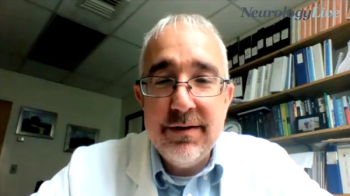
Scott D. Newsome, DO, and David Li, MD, FRCPC, discuss the impact of new MRI consensus guidelines for patients with multiple sclerosis.
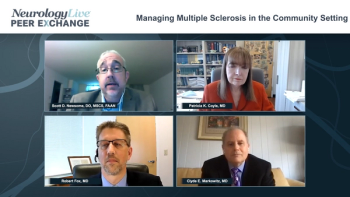
Advice to community physicians and neurologists who play a role in caring for patients with multiple sclerosis in community practices on optimizing therapy with high-efficacy and newer treatment options.
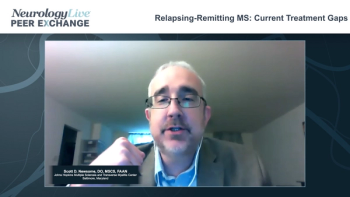
Gaps in care that neurologists experience when treating patients with relapsing-remitting multiple sclerosis and considerations for recommending lifestyle modifications to help manage symptoms.
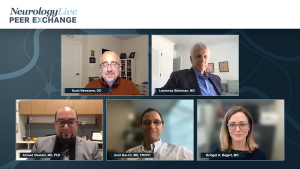
Published: August 4th 2022 | Updated:

Published: July 28th 2022 | Updated:
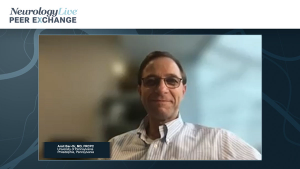
Published: July 21st 2022 | Updated:
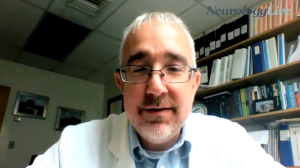
Published: July 18th 2021 | Updated:

Published: July 7th 2022 | Updated:

Published: July 21st 2022 | Updated: